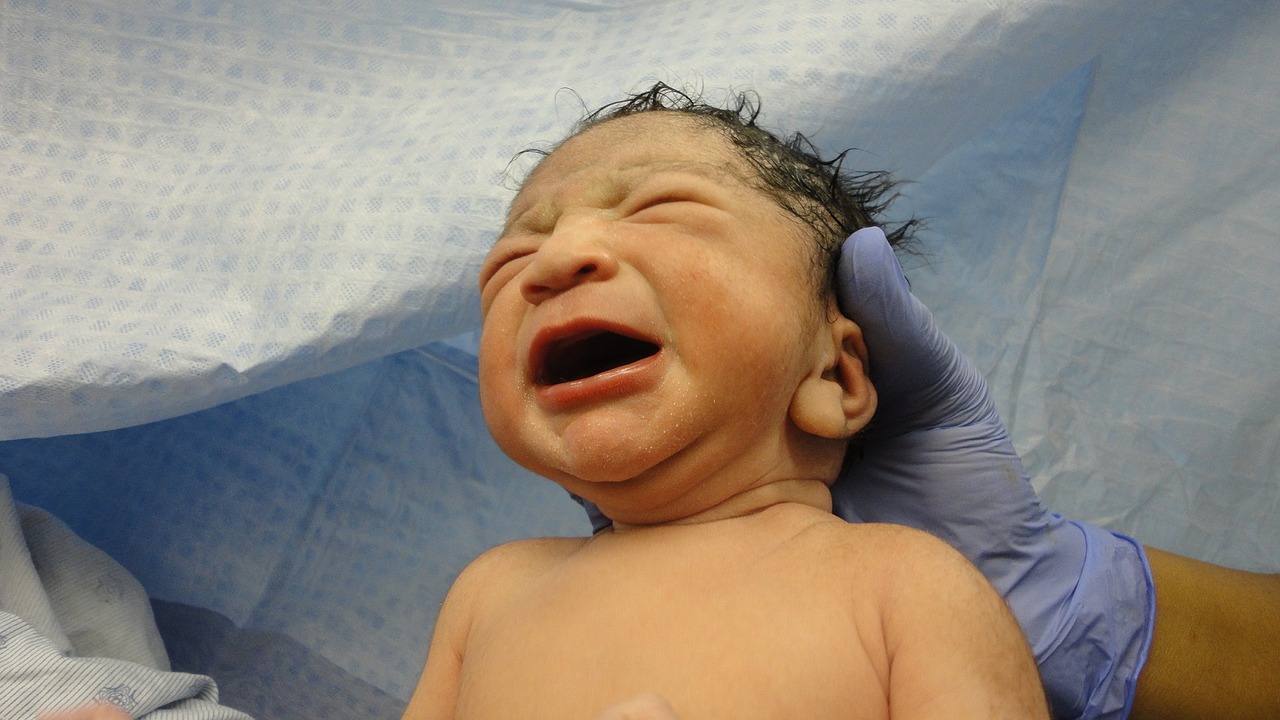All about Surgeries
People who do not take care of diet and exercise are their own enemies. shifa
says a seasoned General Surgeon at Shifa International Hospital Islamabad in an interview with Hafeez Khan shifanews
SN: What sort of surgeries does a general surgeon perform? shifanews
A general surgeon commonly performs gall bladder removals, hernia repairs, tumor excisions and gastric-bypass surgeries. He uses both conventional and laparoscopic methods. I have specialized in laparoscopic surgery. shifanews
SN: Well, what is laparoscopic surgery? shifanews
This type of surgery has revolutionized the field of surgery. Laparoscopic is a specialized technique for performing surgery through minimal invasion. In traditional “open” surgery the surgeon uses a single large incision to enter into the abdomen. Laparoscopic surgery, on the other hand, uses small incisions. In this procedure, a camera-fitted small rod is inserted through a little hole in abdomen. The laparoscope transmits images from the abdominal cavity to high-resolution video monitors in the operating room. This system allows the surgeon to perform the same task as in traditional surgery but with smaller incisions. shifanews
SN: Other than small incisions, what other benefits does this surgery have? shifanews
Earlier, patients were afraid of big cuts and their fear was logical because the wound they received after surgeries had its own complications. They were at risk of bleeding and acquiring infections. A patient might also experience a condition named incisional hernia in which the stitches open and the intestine or fats penetrate in the wound resulting in bowl and blood supply blockage. They were also prone to suffering from pneumonia, other respiratory problems and blockage in the legs’ veins. But after the arrival of laparoscopic surgery, these complications have reduced. Recovery is quick, that means the hospital stay has reduced which is cost effective as well. And interestingly, he goes back to work within a week, which is beneficial for not only his family but for the country as well. Finally, the most important benefit of this procedure is less pain as compared to traditional surgery. shifanews
SN: How many and what kind of surgeries have you done with this procedure? shifanews
I have done almost 4000 gallbladder surgeries with this technique. When I completed about 1000 gallbladder surgeries, my colleagues suggested that I do other surgeries with laparoscope. Then I went on to perform appendix surgeries, followed by hernia operation with this procedure. Then I got insight in advanced laparoscopic surgeries by attending workshops in Karachi, Istanbul, South Korea and America. Then, I came across a big challenge which was performing sleeve gastrectomy, a weight loss surgery. We started it in 2009 and we have done 88 cases till date. I can confidently say that SIH is the best place for availing the service in the northern region. shifanews
SN: Can you tell us more about sleeve gastrectomy? shifanews
Well, basically sleeve gastrectomy also called bariatric surgery is a surgical weight-loss procedure in which the stomach is reduced to about 25 percent of its original size. The result is that the stomach takes the shape of a sleeve or tube like structure. We have seen a patient with 150 kilograms weight losing 40 to 50 kilograms in six months after the procedure. Usually weight loss continues for two years. And in some cases it goes up to three years. It is a multi disciplinary team work. Besides surgeons people who support this procedure are dietitians, cardiologists and anesthesiologists. shifanews
SN: Is this procedure safe? shifanews
Well, it is quite safe. In our experience of 88 cases, we have seen complication only in one patient. But we treated the patient again and she ultimately recovered. She went home and lost significant weight. There has been no death till now. Moreover, reduced stomach reduces other major problems like blood pressure, diabetes, cholesterol, arthritis and knee problems. It also helps in getting rid of sleep apnea. shif
SN: Who is the right candidate for this procedure? shifanews
Our selection area is based on international body mass index (BMI). This index shows the relation of your body weight with your height. If an individual’s BMI is more than 35 and other ways of weight loss regimes like exercise, dieting and sliming programs do not work for him, then he can go for this procedure. A patient with hypertension and diabetes with 30 BMI can also opt for it. shifanews
SN: Does a patient have the possibility to regain weight after this surgery? shifanews
As I mentioned, such patients will keep on losing weight for two to three years but after that there is a possibility for them to regain weight. There is a tendency in some patients regain weight if they are not careful and indulge in over eating. Patients should be careful about their eating habit. shifanews
SN: How much time does it take to recover? shifanews
A day after the surgery, the patient is allowed to take a few sips of water. And on the third day he is discharged and allowed to take fluids. He remains on liquid diet for two weeks and then he is gradually brought to the regular diet. By regular diet I do not mean excessive sweets and colas. shifanews
SN: Being a general surgeon, can you tell us about number of other general surgeries carried out annually in Pakistan? shifanews
Well, it is difficult to say anything about it. In advanced countries there are data collecting institutions but unfortunately in our country there is no such facility. But if I talk about my department at SIH, here approximately 140 surgeries are carried out every month. shifanews
SN: Well, which ones are most common and why? shifanews
Gallbladder surgeries are most common. Appendix and hernia comes second in the list. Hemorrhoids and thyroid surgeries are also common. shifanews
SN: Which kind of surgeries are really difficult to carry out? shifanews
If a surgeon is expert in his relative field then no surgery seems difficult. But pancreatic, liver tumor and transplant surgeries are difficult to carry out. shifanews
SN: How many surgeons are there in the country? shifanews
It is again a tough question. If you ask me about the number of bariatric surgeons then there are around eight surgeons in the country. shifanews
SN: Well, can you give an idea whether we have enough surgeons to cater to the needs of the population? shifanews
Not at all. Private sector hospitals are expensive and they have every kind of facility but the general public cannot afford it. On the other hand, the hospitals in public sector lack quality care. These hospitals do not have quality medicines and operation theaters. Though, surgeons in this sector are not sufficient but they are still trying to deliver. It is not just the surgeon who is necessary for the surgery. Other facilities are also crucial. shifanews
SN: Is it true that some surgeons perform unnecessary operations? shifanews
I do not think any doctor does unnecessary surgeries. Malpractice in medicine is not the result of doctors’ greed for money but it can be due to his incompetency. He probably thinks he can do it but eventually fails. His malpractice is not on purpose but accidental. Doctors should not take cases beyond their expertise. They should refer patients to an expert without considering themselves incompetent. This is professionalism and this practice will bring them respect. And people will trust them. Secondly, in our country people forgive doctors for their mistakes. But in the West patients file suits against them and as a result doctors work with great vigilance and responsibility. shifanews
SN: Majority do not have access to big hospitals. Is it possible to establish mobile surgery units to facilitate the people in far flung areas? shifanews
Mobile surgery units are a temporary solution. These kinds of units can be utilized in an emergency or disaster. State should sense its responsibilities and increase the number of hospitals according to the needs of the people. shifanews
SN: Can minimally invasive surgeries help perform surgeries in remote areas? shifanews
I am optimistic about it. Many workshops and training programs are being conducted in the country to promote such surgeries. Not only big centers but small health centers are also adopting this kind of surgeries. shifanews
SN: There are well known surgeons in the country who have achieved a certain stage in their profession where they can now be involved in philanthropic work to help deserving patients. Your comment. shifanews
There are many people who are doing welfare activities but this is not their responsibility. A doctor cannot be held responsible if he is not involved in such practice. This is the state’s duty. These doctors pay huge taxes. The government should utilize this money for the well being of its citizens. At one hand the government is extracting taxes from doctors and on the other it expects them to serve the nation as well. In foreign countries, when a person pays taxes he gets some facilities in return. But in our country, nobody is safe. There is no security, education and health facility for people. We should make the government accountable for our taxes. shifanews
SN: You had mentioned hernia earlier, what is it? shifanews
A hernia occurs when an organ pushes through an opening in the muscle or tissue that holds it in place. For example, the intestine may break through a weak area in the stomach wall and cause hernia. Hernias are most common in the abdomen. However, they can also appear in the upper thigh, belly button and groin region. Majority hernias are not initially life threatening and will go away on its own. Surgical correction is however, required to prevent a dangerous complication. shifanews
SN: What about appendix? shifanews
Appendix is a small pouch shaped similar to a small finger on the right side of the abdomen, connected to the colon. Inflammation of it is called appendicitis. shifanews
SN: What are piles and how are they treated? shifanews
Piles or hemorrhoids are swollen blood vessels in or around the anus and rectum. Sometimes they swell so much that the walls of the vein become stretched, thin and irritated by bowl movements. Hemorrhoids are classified into two general categories: internal and external. The treatment varies individually and it ranges from surgical and non-surgical interventions. shifanews
SN: What medicines should a patient stop taking before a surgery? shifanews
Usually, blood thinning medicines like warfrin should be stopped as they can be dangerous. Aspirin and other medicines given by a cardiologist should be stopped five to six days before the surgery. shifanews
SN: How can one overcome fear of surgery? shifanews
Through counseling. It is the duty of the doctor to take the patient into confidence. If a doctor has good communication skills then the patients’ fear can be easily reduced. shifanews
SN: Anything left at the end that you would like to add? shifanews
I want the government to realize that health and education are basic necessities and they can build up our nation. Roads are not less important but not more than a human life. I request the government to prioritize health because it does not have any substitute. Moreover, the least people can do is take care of their diet and exercise. Choose foods good for health and according to age. People, who do not take care of their diet and exercise, are their own enemies. shifanews
Surgery, time it takes to recover after surgery, what is gastrectomy, what is laproscopic surgery










